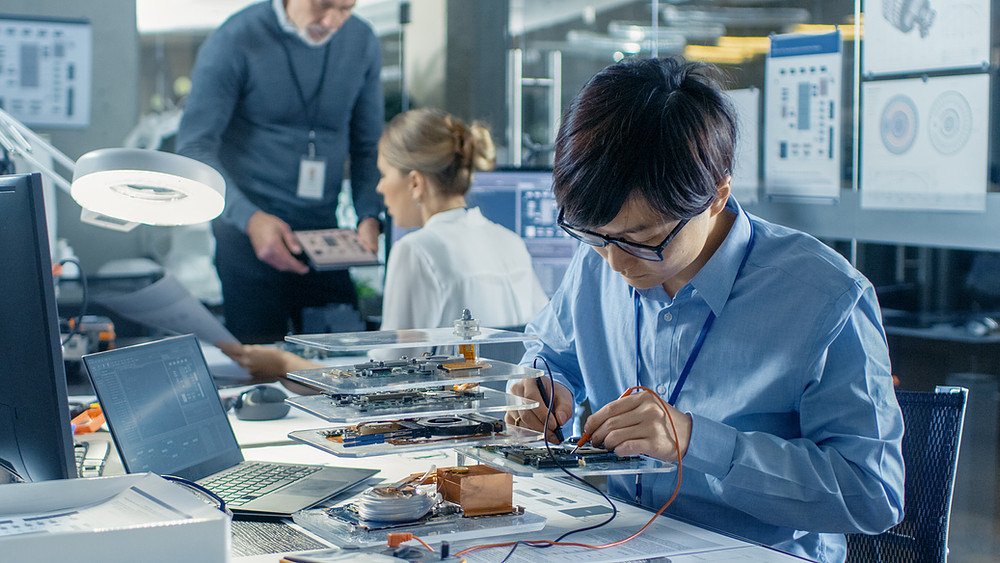The Future is AI

I’m sure some of you watched Google I/O 2018 that was broadcast recently. I’m sure some of you have seen the video I’m about to post wherein Google AI makes a phone call to a live person to create an appointment for a haircut. If not, here’s the link:
Google AI Can Have Real Life Conversations
Science Fiction fans have seen this coming for decades. Finally realizing this moment has arrived is still jarring. To realize that in my old age I’ll most likely have a house assistant helping me to navigate life is a mix of bemusement, some fear, and excitement. Then my mind turns to my occupation. How can we leverage extremely intelligent, always aware, and constantly on AI to help us perform our jobs? My specialty is in with disaster recovery and business continuity so I’ll speak to operations in that world.
AI in a DR scenario would be an amazing ally. The goal of a proper DR plan and reaction would be zero downtime and zero data loss. With enough of the right resources and pre-planning, this is possible now. The difference AI will make is that you may not have to plan as arduously or carefully.
My prediction is that your organization will have its IT resources on-prem, in the cloud, or as a hybrid in production. A disaster will start to occur. You may have some notice such as a hurricane or a snow storm. In which case I would instruct my AI assistant to pre-stage preparations such as setting up replication between my current resources and the location where they’ll ride out the storm. Before the storm hits and resources are affected AI will be prepared and will flip the DR switch at a pre-determined time or once a pre-calculated risk percentage of an outage is reached. All this would occur without my finger on the button. I would expect to be informed of this action while it was occurring.
The same would occur with an instantaneous disaster such as a gas main explosion, fire, or earthquake. In that instance, I would work with my AI assistant to plan a response. That or the AI would inform me of the best response after gathering data on bandwidth limitations, reaction speed, time to action such as copying time from source to destination for my virtual instances, etc. These responses would be vetted by leadership, approved, and stored until needed. The great thing is that the responses would be needed by myself or my team. The AI assistant would dust them off and implement them appropriately for the fitting circumstances. If something unplanned for occurred, such as a sinkhole appearing in Virginia, I would expect the AI to reach out to me to notify me of outages and request a decision to be made as to what DR plan to implement. The AI would also forward to me relevant news articles about the disaster so as to give me information to make a decision as to the plan of action. Further evolutions of AI would monitor the news and take action accordingly without input from myself or leadership.
Great leaps are being made in automation and AI as proven by the video Google used to demonstrate its AI technology. It still has a long way to before being autonomous in the ways I’ve described here. Those days are coming, however. It’s best we start adjusting our mindset now so that we’re prepared and ready to accept and utilize the world-changing technologies we are building.


Comments